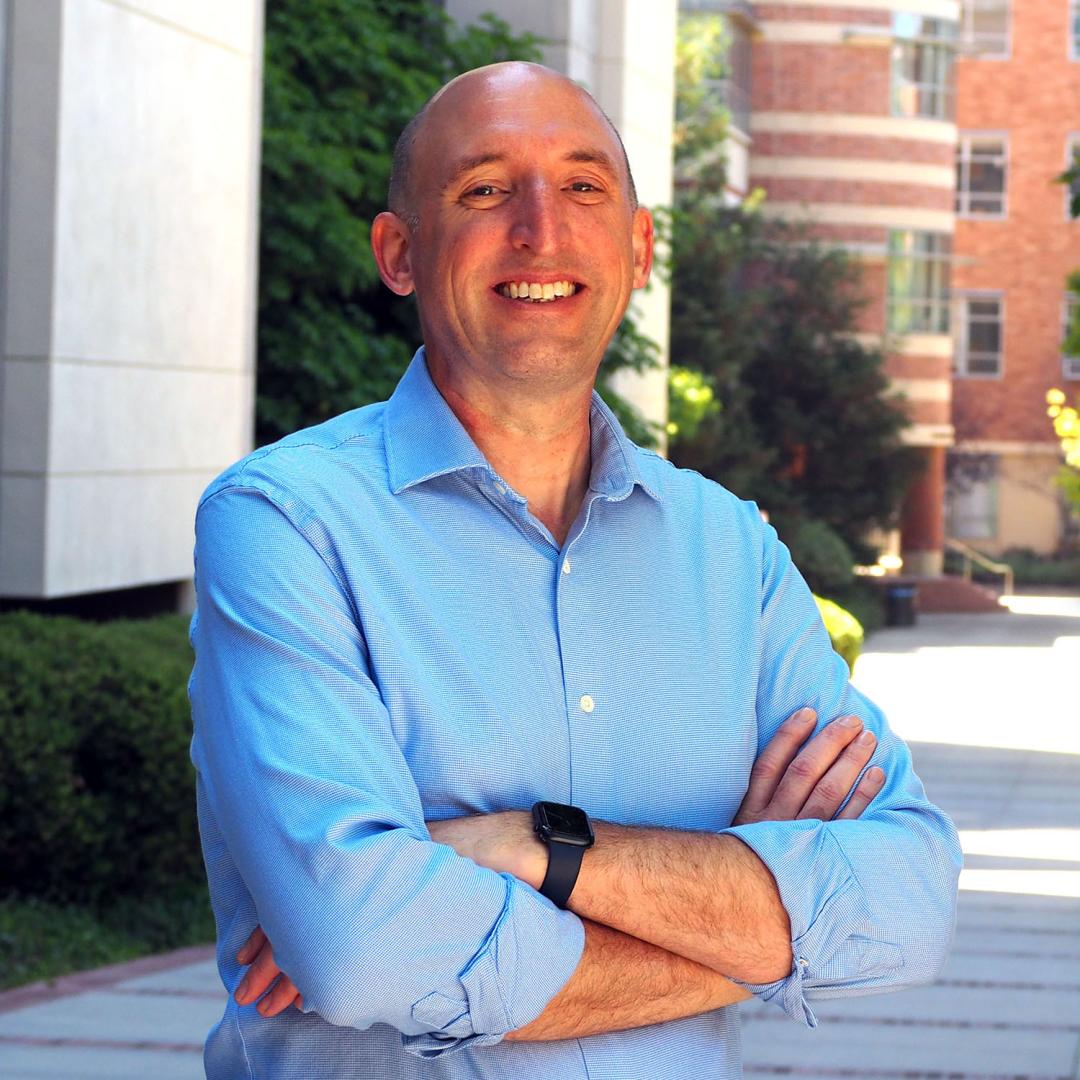
Filter News
Area of Research
- Advanced Manufacturing (1)
- Biological Systems (1)
- Biology and Environment (84)
- Biology and Soft Matter (1)
- Clean Energy (63)
- Climate and Environmental Systems (1)
- Computer Science (1)
- Electricity and Smart Grid (1)
- Functional Materials for Energy (2)
- Fusion and Fission (5)
- Isotopes (1)
- Materials (29)
- Materials for Computing (4)
- National Security (13)
- Neutron Science (10)
- Nuclear Science and Technology (2)
- Quantum information Science (1)
- Supercomputing (36)
News Type
News Topics
- (-) Bioenergy (57)
- (-) Composites (10)
- (-) Energy Storage (44)
- (-) Environment (118)
- (-) Frontier (27)
- (-) Machine Learning (24)
- (-) Mercury (7)
- (-) Molten Salt (2)
- 3-D Printing/Advanced Manufacturing (56)
- Advanced Reactors (13)
- Artificial Intelligence (54)
- Big Data (28)
- Biology (65)
- Biomedical (32)
- Biotechnology (11)
- Buildings (24)
- Chemical Sciences (35)
- Clean Water (14)
- Climate Change (57)
- Computer Science (99)
- Coronavirus (21)
- Critical Materials (3)
- Cybersecurity (20)
- Decarbonization (49)
- Education (1)
- Emergency (2)
- Exascale Computing (27)
- Fossil Energy (4)
- Fusion (39)
- Grid (26)
- High-Performance Computing (55)
- Hydropower (5)
- Irradiation (1)
- Isotopes (35)
- ITER (3)
- Materials (74)
- Materials Science (65)
- Mathematics (6)
- Microelectronics (2)
- Microscopy (28)
- Nanotechnology (28)
- National Security (43)
- Net Zero (9)
- Neutron Science (59)
- Nuclear Energy (68)
- Partnerships (21)
- Physics (34)
- Polymers (13)
- Quantum Computing (22)
- Quantum Science (34)
- Renewable Energy (1)
- Security (14)
- Simulation (35)
- Software (1)
- Space Exploration (13)
- Statistics (1)
- Summit (32)
- Sustainable Energy (52)
- Transformational Challenge Reactor (4)
- Transportation (37)
Media Contacts

Shih-Chieh Kao, manager of the Water Power program at ORNL, has been named a fellow of the American Society of Civil Engineer’s Environmental & Water Resources Institute, or EWRI.
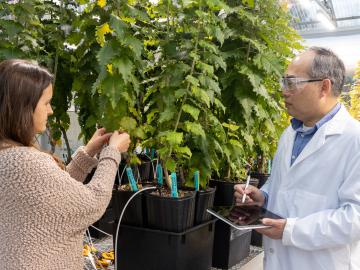
Nature-based solutions are an effective tool to combat climate change triggered by rising carbon emissions, whether it’s by clearing the skies with bio-based aviation fuels or boosting natural carbon sinks.
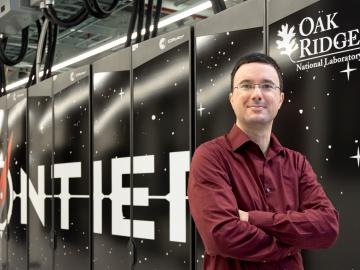
As renewable sources of energy such as wind and sun power are being increasingly added to the country’s electrical grid, old-fashioned nuclear energy is also being primed for a resurgence.
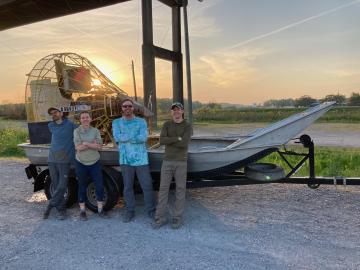
As a biogeochemist at ORNL, Matthew Berens studies how carbon, nutrients and minerals move through water and soil. In this firsthand account, Berens describes recent fieldwork in Louisiana with colleagues.

A trio of new and improved cosmological simulation codes was unveiled in a series of presentations at the annual April Meeting of the American Physical Society in Minneapolis.

Climate change often comes down to how it affects water, whether it’s for drinking, electricity generation, or how flooding affects people and infrastructure. To better understand these impacts, ORNL water resources engineer Sudershan Gangrade is integrating knowledge ranging from large-scale climate projections to local meteorology and hydrology and using high-performance computing to create a holistic view of the future.
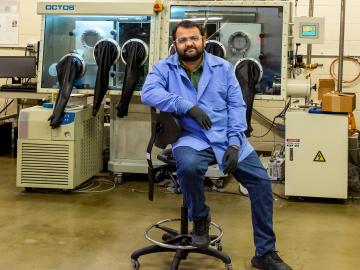
Marm Dixit, a Weinberg Distinguished Staff Fellow at ORNL has received the 2023 Rosalind Franklin Young Investigator Award.

The public is invited to six nature walks designed to highlight not only the rich flora and fauna diversity of the Oak Ridge Reservation, but also to demonstrate the work being done to sustainably manage and conserve this valuable resource.
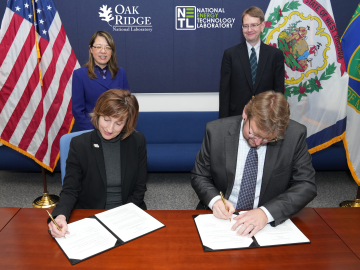
ORNL is teaming with the National Energy Technology Laboratory to jointly explore a range of technology innovations for carbon management and strategies for economic development and sustainable energy transitions in the Appalachian region.

The Center for Bioenergy Innovation has been renewed by the Department of Energy as one of four bioenergy research centers across the nation to advance robust, economical production of plant-based fuels and chemicals.


